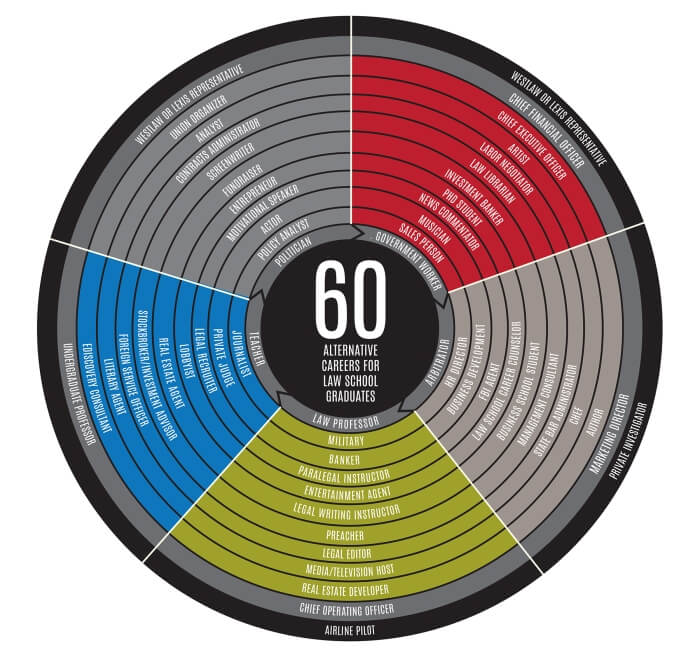Summary: Members of a fraternity, now suspended, at Penn State University, where a member committed suicide months after joining and going through the hazing rituals will not be prosecuted.
No criminal charges will be given to members of a Penn State University fraternity after a recent member committed suicide. Eighteen-year-old Marquise Braham jumped from a hotel roof during his spring break months after joining Phi Sigma Kappa. Braham’s father claims his son suffered a breakdown from the hazing rituals of the fraternity. Braham’s father sued Penn State University, Phi Sigma Kappa, and four members of the fraternity.
A grand jury could not find any evidence to link the hazing with his suicide according to Pennsylvania Attorney General Kathleen Kane. The grand jury interviewed 11 witnesses, including the director of student affairs at the Altoona Campus.
D.C. Lawyer Devotes Practice to Hazing Victims
The report by the grand jury included a detailed explanation of the hazing rituals for prospective members of Phi Sigma Kappa to first go through. These include being required to drink dozens of beers to then vomit them up and then enduring “hell week” where they are exposed to verbal and physical abuse and no showering or sleeping privileges.
While the hazing incident has resulted in the fraternity chapter being suspended from Penn State, there is no direct evidence that it was the reason for Braham’s suicide. Braham was elected as secretary of the fraternity and was close with several of the members.
Hazing incidents on other college campuses the directly resulted in a member’s death have been prosecuted in recent years as colleges are cracking down on the ritual.
Photo: philly.com













































